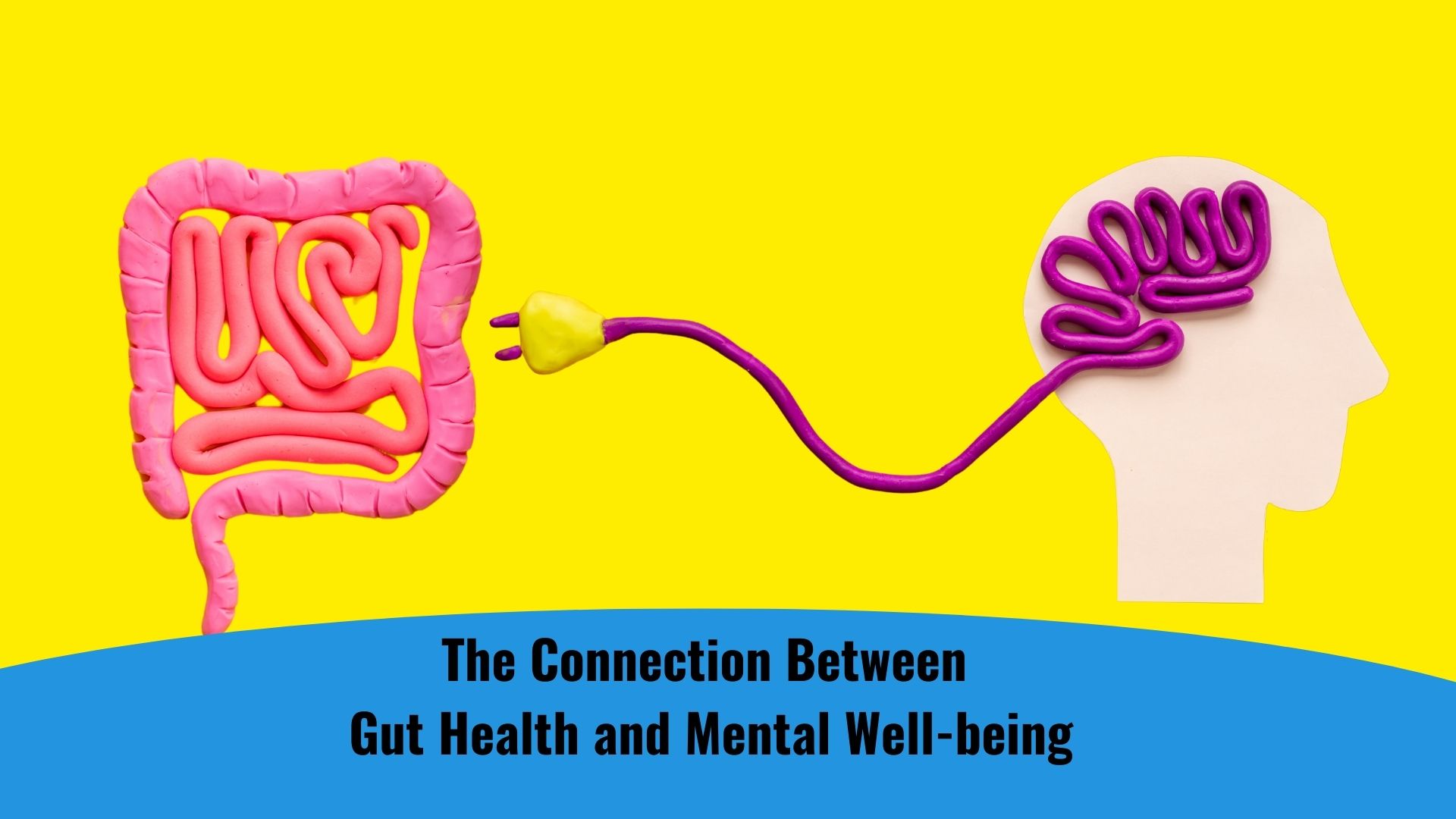In recent years, research has uncovered a fascinating link between gut health and mental well-being, often called the gut-brain connection. Scientists now recognize that the gut does much more than digest food—it plays a crucial role in regulating mood, cognition, and overall mental health. But how exactly does our digestive system influence the brain? Let’s explore this powerful connection.
1. The Gut-Brain Axis: How They Communicate
The gut-brain axis is a complex communication network connecting the digestive and central nervous systems. This bidirectional pathway allows signals to travel between the gut and the brain, influencing emotions, stress levels, and cognitive function. Some key players in this connection include:
- The Vagus Nerve – A major nerve that directly links the gut and brain, allowing for fast communication.
- Neurotransmitters – The gut produces neurotransmitters like serotonin and dopamine, which regulate mood and emotions.
- The Microbiome – Trillions of bacteria in the gut help modulate brain function and mental health.
2. How Gut Health Affects Mental Well-being
a. The Role of Gut Bacteria in Mood Regulation
The gut microbiome consists of beneficial bacteria that support digestion and immune function. Recent studies suggest that a balanced microbiome also plays a vital role in mental health. Disruptions in gut bacteria have been linked to anxiety, depression, and even neurodegenerative diseases.
b. Inflammation and Mental Health
Chronic inflammation in the gut, often caused by poor diet, stress, or infections, can trigger systemic inflammation that affects brain function. This has been associated with conditions such as depression, brain fog, and mood swings.
c. The Impact of Diet on the Gut-Brain Connection
Nutrient-dense foods rich in fiber, probiotics, and prebiotics help maintain a healthy gut microbiome. On the other hand, processed foods, sugar, and artificial additives can negatively impact gut bacteria, leading to mental health challenges.
3. Ways to Improve Gut Health for Better Mental Well-being
a. Eat a Gut-Friendly Diet
- Increase fiber intake with fruits, vegetables, and whole grains.
- Consume probiotic-rich foods like yogurt, kefir, and kimchi.
- Add prebiotic foods (garlic, onions, bananas) to nourish good bacteria.
b. Manage Stress Levels
- Practice mindfulness, meditation, and deep breathing exercises.
- Get regular exercise, which helps balance gut bacteria and improves mood.
- Prioritize sleep, as poor sleep can disrupt gut microbiome diversity.
c. Avoid Gut Disruptors
- Limit processed foods, artificial sweeteners, and excessive alcohol.
- Reduce antibiotic overuse, which can deplete beneficial gut bacteria.
- Stay hydrated to support digestion and gut function.
Conclusion
The gut and brain are deeply connected, and maintaining a healthy digestive system is key to overall mental well-being. By focusing on a gut-friendly lifestyle, we can improve our digestion, mood, cognitive function, and emotional resilience.
Have you noticed how your gut health affects your mood? Share your experiences in the comments!

